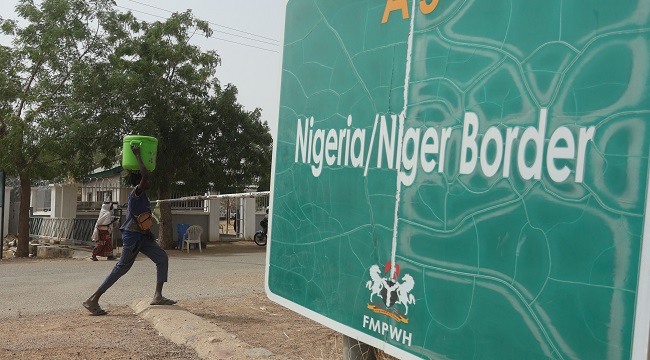Nigeria has reopened its land and air borders with the Republic of Niger and lifted other sanctions imposed on the country, following a directive by President Bola Tinubu.
This move comes into effect immediately and complies with decisions reached by the Economic Community of West African States (ECOWAS) leaders during their February 24th summit in Abuja.
According to a press statement released by the President’s special adviser, Ajuri Ngelale, the lifted sanctions include the closure of borders, a no-fly zone, suspension of trade and financial transactions, asset freezes, and travel bans on officials.
The statement read in parts:
“ECOWAS leaders had agreed to lift economic sanctions against the Republic of Niger, Mali, Burkina Faso, and Guinea.”
“The President has directed that the following sanctions imposed on the Republic of Niger be lifted immediately:
(1) Closure of land and air borders between Nigeria and Niger Republic, as well as ECOWAS no-fly zone on all commercial flights to and from Niger Republic.
(2) Suspension of all commercial and financial transactions between Nigeria and Niger, as well as a freeze of all service transactions, including utility services and electricity to Niger Republic.
(3) Freeze of assets of the Republic of Niger in ECOWAS Central Banks and freeze of assets of the Republic of Niger, state enterprises, and parastatals in commercial banks.
(4) Suspension of Niger from all financial assistance and transactions with all financial institutions, particularly EBID and BOAD.
(5) Travel bans on government officials and their family members.
The statement further mentions that Nigeria has also lifted similar financial and economic sanctions against the Republic of Guinea.
This action signals a potential thawing of tensions between Nigeria and Niger and aligns with the broader ECOWAS efforts to address recent political crises in the region.
